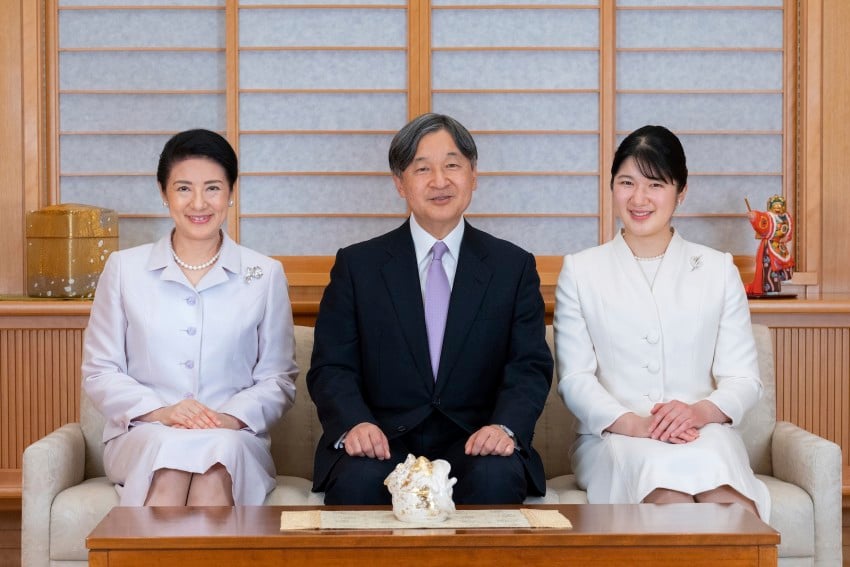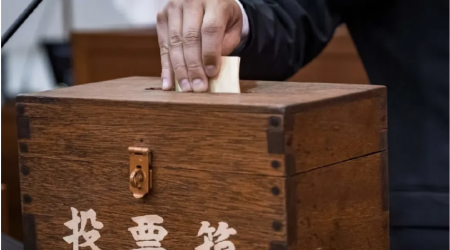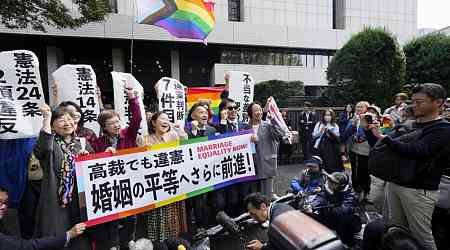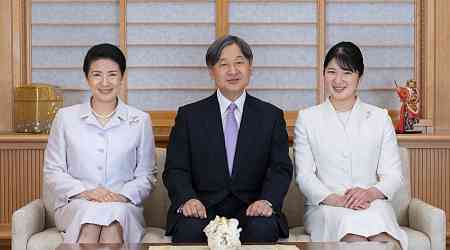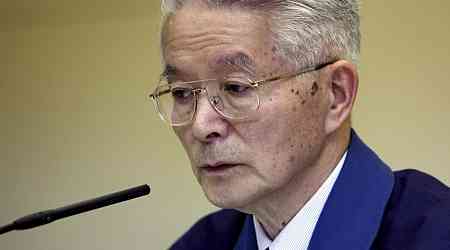Japan has lodged a protest with a U.N. human rights watchdog that called for reviewing a domestic law that limits imperial succession to male heirs on the emperor's father side, the top government spokesman said Wednesday.
Chief Cabinet Secretary Yoshimasa Hayashi said the imperial succession system is linked to the foundations of Japan as a country, and that the government had told the U.N. panel, which aims at eliminating discrimination against women, before the release of the review that it would be "inappropriate" for it to take up the issue.
"It is extremely regrettable that the final report included a reference to the Imperial House Law," Hayashi said at a press conference.
While the panel acknowledged in its report released Tuesday that the 1947 Imperial House Law is "not within the purview" of its competence, it said it considers the succession rule "contrary to the object and purpose" of the U.N. convention to eliminate discrimination against women.
"We have lodged a strong protest with the committee and called again for the removal of the reference," he added.
In 2016, Japan strongly objected when a recommendation to amend the Imperial House Law was included in a draft of the concluding observations of that year's review, and the final version ended up with no reference to the issue.
In its latest review, the U.N. panel also urged Japan to reconsider its requirement for married couples to use the same surname.
The provision in the Civil Code "in practice often compels women to adopt their husbands' surnames," the panel said, describing it "discriminatory."
Japanese Prime Minister Shigeru Ishiba has taken a cautious stance about allowing the use of different surnames by married couples, with the ruling Liberal Democratic Party divided over the issue.
Hayashi said the government will examine the report and "respond appropriately" by taking into account public opinion and parliamentary debate.


















